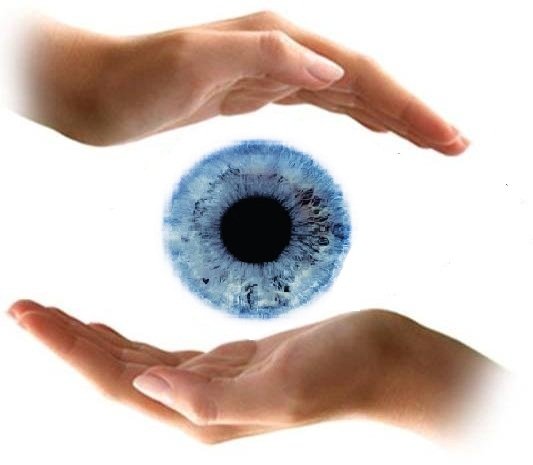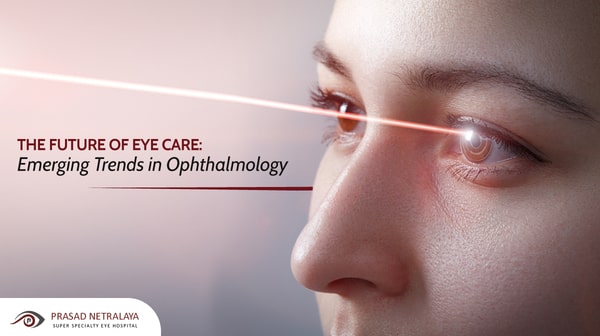Is Refractive Surgery Right for You? Aspects to Think About for Better Eyecare
In the world of eye treatment, the decision to undertake refractive surgical treatment is a substantial one that requires thoughtful factor to consider. From the intricacies of one's eye wellness to the ins and outs of day-to-day behaviors and personal expectations, each facet holds importance in the more comprehensive landscape of refractive surgery candidateship.
Eye Health Evaluation
When considering refractive surgical treatment, a detailed eye wellness analysis is vital to evaluate the suitability of the treatment for each individual. neurologist andalusia. This assessment entails a series of examinations and tests carried out by an eye care professional to determine the general health and wellness of the eyes, the visibility of any underlying conditions, and the stability of the refractive error
Throughout the examination, various elements are taken into consideration, such as the individual's medical history, current eye prescription, corneal density, student dimension, and tear film quality. These assessments aid to recognize any type of contraindications to refractive surgical procedure, such as corneal abnormalities, cataracts, or unattended eye infections. In addition, the examination helps to manage client assumptions regarding the possible outcomes of the surgery based upon their one-of-a-kind eye characteristics.
Eventually, the eye wellness evaluation is crucial in making sure the security and effectiveness of refractive surgical treatment, as it provides useful understandings right into the individual's eye health and wellness status and aids figure out the most appropriate treatment choices for accomplishing optimum aesthetic end results. (andalusia pediatrics)
Lifestyle Analysis
An extensive way of life evaluation is integral in establishing the viability of refractive surgical procedure for a person's visual correction demands. Lifestyle aspects such as line of work, hobbies, and everyday activities play an important duty in the decision-making procedure concerning refractive surgical procedure. People with careers that entail a high level of physical activity or direct exposure to environmental components may have different aesthetic demands contrasted to those with inactive desk tasks. Recognizing exactly how an individual's way of living may affect their vision post-surgery is vital for handling expectations and ensuring ideal results.
Furthermore, way of life habits such as sporting activities involvement, outside tasks, or perhaps skincare routines can affect the recovery procedure and total success of refractive surgical procedure. As an example, people who participate in call sporting activities may require to take added safety measures to safeguard their eyes during the recovery period. Furthermore, people with comprehensive sun direct exposure might require additional post-operative treatment to avoid problems. By conducting a comprehensive way of living analysis, eye treatment professionals can tailor their referrals and treatment strategies to meet the unique needs of each individual, eventually resulting in enhanced aesthetic results and satisfaction.
Expectation Alignment

Patients need to comprehend that while several individuals attain 20/20 vision or much better following refractive surgery, some might still need glasses for specific activities like analysis or driving at night. Managing these assumptions helps avoid disappointment and dissatisfaction post-surgery, leading to a more favorable overall click for info experience for the person.
Danger Evaluation

Elements that may raise the risk of complications include age, particular medical problems like autoimmune conditions, unstable vision prescription, slim corneas, and impractical client assumptions. Additionally, picking a knowledgeable and skilled doctor, complying with pre and find out here post-operative care directions carefully, and revealing any type of pertinent clinical history can assist alleviate dangers.
To minimize the chance of issues, ophthalmologists conduct thorough pre-operative evaluations to recognize any contraindications to surgical treatment. They likewise review the possible threats and benefits with people during the examination process. By involving in open communication and shared decision-making, both the client and the eye doctor can function together to determine if refractive surgery is the appropriate choice based on specific threat profiles and preferred results.
Appointment Value
Taking into consideration the important duty of informed decision-making in evaluating risks and possible problems in refractive surgical treatment, the examination process holds significant significance in assisting people towards optimal end results. Throughout the examination, the ophthalmologist reviews the person's eye health, refractive mistakes, and overall viability for surgical treatment. This preliminary assessment is vital in identifying one of the most suitable treatment for every individual, taking into consideration elements such as corneal density, student size, and existing eye conditions.
Furthermore, the consultation serves as a possibility for people to review their expectations, worries, and any type of questions they might have pertaining to the surgical treatment. Clear interaction between the doctor and the person is important to guarantee realistic assumptions and a thorough understanding of the prospective dangers and advantages entailed.
Furthermore, the examination allows the surgeon to clarify the various medical alternatives available, their particular results, and the post-operative treatment needed. This extensive discussion encourages individuals to make educated choices concerning their eye care, causing better complete satisfaction and results post-surgery.
Final Thought
Finally, people taking into consideration refractive surgical treatment that site needs to undergo a detailed eye health assessment, analyze their lifestyle practices, align their assumptions with possible end results, examine the connected dangers, and focus on consultations with eye treatment professionals. These factors play a critical duty in determining the viability of refractive surgical procedure for every person, guaranteeing optimal results and complete satisfaction with the treatment.
Patients taking into consideration refractive surgical treatment typically have high assumptions regarding the outcomes, anticipating excellent vision without the demand for glasses or get in touch with lenses. While refractive surgical treatment can considerably enhance vision and minimize dependency on visual help, it is essential for patients to recognize that results may differ based on private factors such as the degree of refractive mistake, corneal thickness, and total eye health and wellness.
By engaging in open communication and shared decision-making, both the person and the ophthalmologist can work together to identify if refractive surgical procedure is the right choice based on private threat accounts and wanted results.
Considering the essential duty of notified decision-making in assessing risks and possible difficulties in refractive surgery, the consultation procedure holds significant relevance in assisting individuals in the direction of optimum results. During the consultation, the eye doctor evaluates the individual's eye health, refractive mistakes, and general viability for surgery.